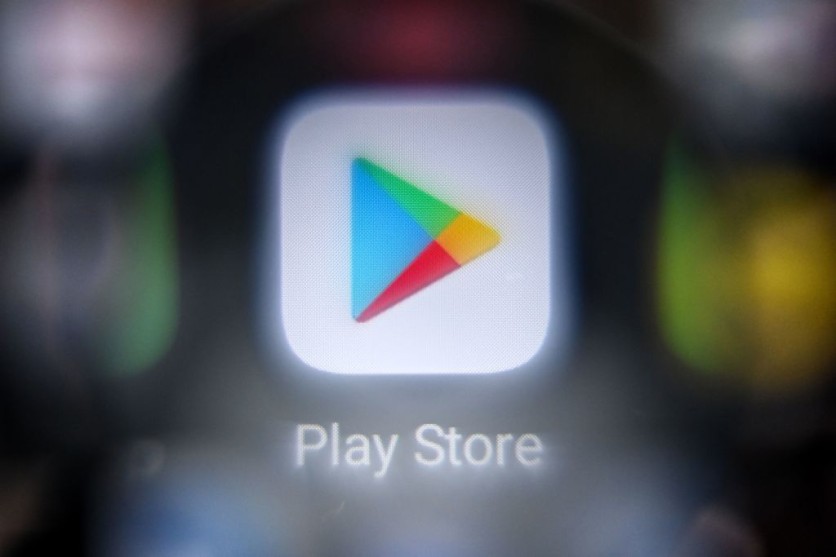Google has removed hundreds of loan apps from its Play Store in Kenya after its new policy took effect in January. The policy requires digital lenders in the East African country to submit proof of license, following the implementation of Kenya's Digital Credit Providers (DCP) regulations in 2022, as per a report from TechCrunch on Friday, March 24.
These regulations require entities that provide loans digitally to acquire licenses from the Central Bank of Kenya.

Blacklisted Loan Apps
It is unclear how many loan apps have been blacklisted, as Google has not yet commented on the matter. However, TechCrunch recently conducted a spot check and found that nearly 500 apps previously listed in the finance category on Play Store have been taken down.
At the beginning of February, 657 apps were listed in the finance category, which included loans, banking, and investing apps. As of writing, only 198 apps are available in the category.
While it is not clear how many loan apps have been blacklisted, only 22 digital lenders, including Tala, a PayPal-backed loan app, Pezesha, a B2B embedded lending platform, and Jumo, a fintech provider, had been licensed out of the 381 that applied by January, according to the Central Bank of Kenya.
Google has required loan apps that are awaiting approval from the Central Bank of Kenya to submit a declaration form to obtain interim approval, which will be valid for 45 days, to be listed on the Play Store.
Loan apps provide quick unsecured personal or company loans, and in the past, many charged high interest rates and used debt shaming tactics to recover their money, according to TechCrunch.
They were also sharing user data with third parties until the DCP restrictions came into effect, taking advantage of a lack of regulations and the Google Play Store's lax vetting procedure.
The restrictions aim to screen out bad actors by requiring lending applications to respect consumer privacy and data protection rights, as well as anti-money laundering laws.
Furthermore, before approval and payout, lending applications must communicate the terms and pricing of loans to users.
Read also: Google Pixel: 'aCropalypse' Exploit on Pixel's Markup Tool Can Uncrop Photos, Reveal Redacted Info
Proof of License
In November 2022, Google required lending apps in Kenya to present proof of license to operate in the nation.
Individuals who have sought a license from the Central Bank of Kenya and can provide proof of the same may be exempt from removal from the Play Store.
TechCrunch notes that Kenya is a big African digital hub that has seen the rise of loan applications that provide instant unsecured personal loans of up to $500.
Yet, the lack of strong laws and the sluggish vetting process of Google Play has attracted rogue operators, prompting authorities to take appropriate actions to protect users.
Related Article : Google Pixel Fold Rumors: Device Launch Coming this June, What to Expect from the New Foldable?

ⓒ 2025 TECHTIMES.com All rights reserved. Do not reproduce without permission.




